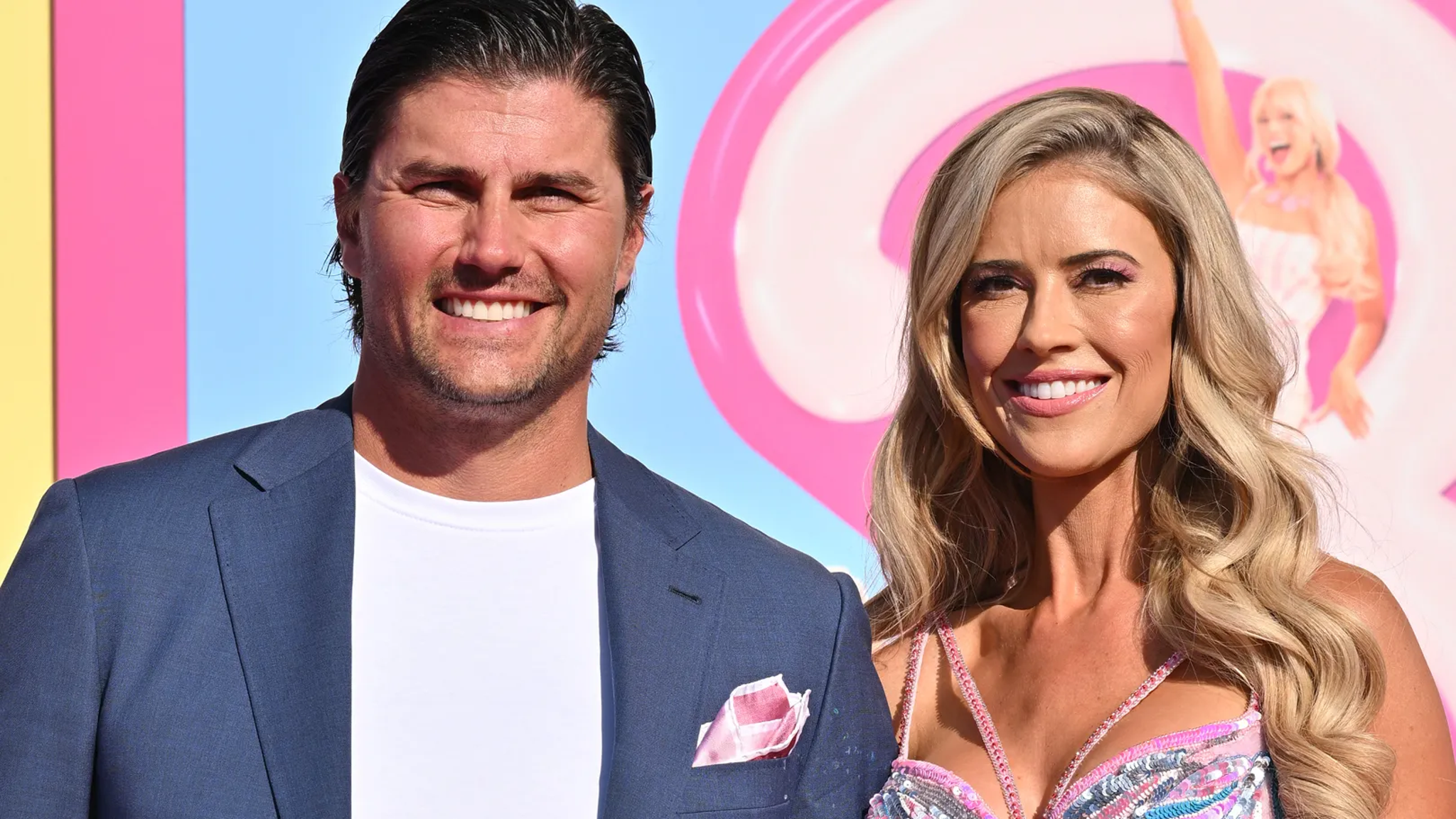The attorneys who negotiated a $2.8 billion lawsuit settlement with the NCAA and four power conferences took issue Friday with the way college sports’ new enforcement body plans to vet name, image and likeness payments to athletes from school-affiliated collectives.
In a letter to the power conferences and NCAA, obtained by The Athletic, attorneys Jeffrey Kessler and Steve Berman stated that the guidance the College Sports Commission (CSC) issued Thursday violates the terms of the settlement and that it should treat collectives the same as any other third-party business.
“While we want to continue to work together to implement the Settlement Agreement in a cooperative fashion, this process is undermined when the CSC goes off the reservation and issues directions to the schools that are not consistent with the Settlement agreement terms,” the letter said.
Yahoo! Sports first reported the plaintiffs’ attorneys’ letter.
“We urge the CSC to retract the July CSC Memorandum and clarify that the valid business purpose requirement applies to NIL collectives in the same manner as any other entity,” the letter said. “If the CSC does not retract the statement, Class Counsel will have no choice but to pursue relief from the Special Master as the July CSC Memorandum is already causing injury to class members.”
Kessler declined to comment when The Athletic contacted him.
Earlier Friday, the judge overseeing the settlement approved about $750 million in fees for the NCAA and conferences to pay the plaintiffs’ attorneys.
The recently approved House settlement, which took effect on July 1, established a clearinghouse, called NIL Go, that must approve all third-party deals over $600. The two main requirements for those deals are that they’re for a “valid business purpose” and fit within a fair-market “range of compensation.”
Officials created those rules to prevent schools from utilizing booster-driven entities to funnel payments to recruits and transfers as a way to work around the $20.5 million revenue-sharing cap.
“The guidance issued by the College Sports Commission yesterday is entirely consistent with the House settlement and the rules that have been agreed upon with Class Counsel. The defendants have been in close coordination with Class Counsel on the key provisions in the memo and will continue to work with them to resolve any concerns they may have,” the CSC said in a statement.
Officials for the Southeastern Conference, Big Ten, Big 12 and Atlantic Coast Conference established the CSC to oversee the revenue-sharing system the settlement created. Schools will be able to directly pay their athletes up to $20.5 million this year.
The NCAA has no involvement with the CSC, enforcement of rules related to the revenue-sharing system or the approval of NIL deals.
Guidance the CSC issued Thursday said “an entity with a business purpose of providing payments or benefits to student-athletes or institutions, rather than providing goods or services to the general public for profit, does not satisfy the valid business purpose requirement set forth in NCAA Rule 22.1.3.”
It then cited an example of a collective that “reach(es) a deal with a student-athlete to make an appearance on behalf of the collective at an event, even if that event is open to the general public, and the collective charges an admission fee (e.g., a golf tournament). … The same collective’s deal with a student-athlete to promote the collective’s sale of merchandise to the public would not satisfy the valid business purpose requirement for the same reason.”
“Today’s commentary from the College Sports Commission regarding ‘true NIL’ and ‘valid business purposes’ is not only misguided but deeply dismissive of the collective organizations and the tens of thousands of fans and donors who fuel them,” The Collective Association, a trade group of prominent collectives from around the country, said in a statement. “Any attempt to delegitimize the role collectives play in today’s collegiate athletics landscape ignores both legal precedent and economic reality.”
In the four years since NIL payments began in 2021, collectives affiliated with specific schools have made hundreds of millions in deals with athletes just like those the CSC described in its examples. They pool funds from donors and boosters and use them to license the NIL rights of specific athletes in exchange for appearances and social media posts.
“There is nothing in the Settlement Agreement to permit Defendants or the CSC, acting on their behalf, to decide that it would not be a valid business purpose for a school’s collective to engage in for-profit promotions of goods or services using paid-for student-athlete NIL,” the letter said.
(Photo: Isaiah Vazquez / Getty Images)
Source link
